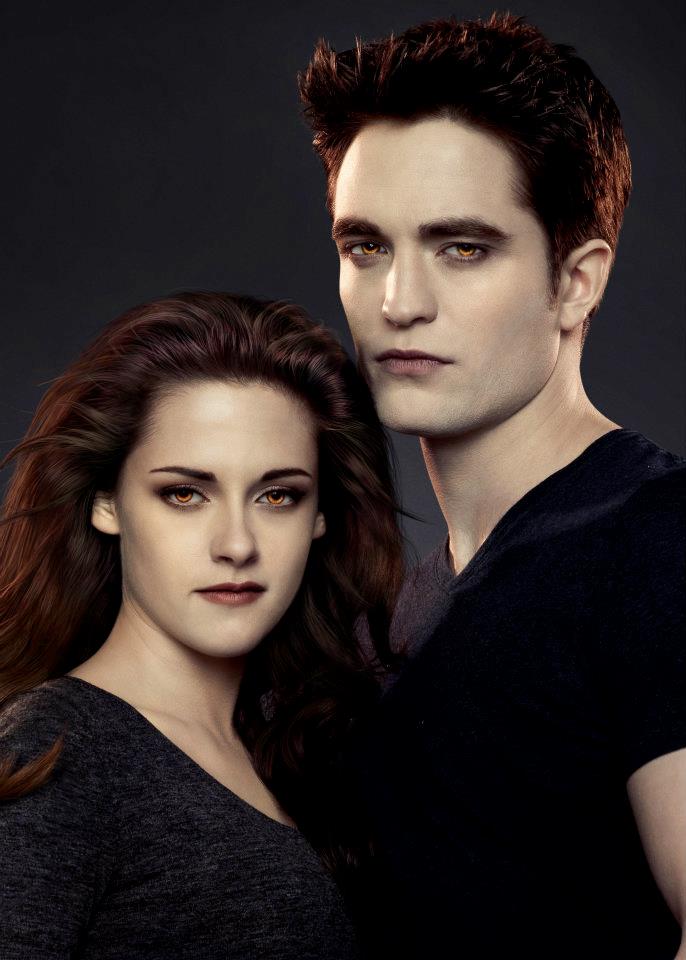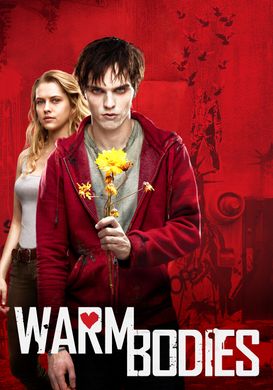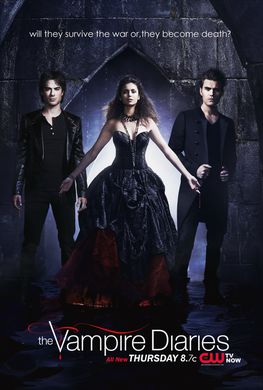Modern Love: Why the mainstream media pressuring us into romantic relationships is damaging to mental health
Around Valentine’s Day, it’s no surprise that love is on everyone’s mind. Supermarket aisles are hideously pink, and people are getting ready for the 2 for £20 meal deals. But what about the rest of year? In a world of 24/7 access to social media, tabloids, and relationship advice, romance has become a pretty inescapable presence – and it can have some surprising effects on mental health.
You probably don’t even realise just how pervasive the pressure to be in a relationship is in mainstream media and pop culture until you really start to look. And once you notice, you can see it everywhere.
Think of your favourite film, for example. Even if love is not part of the main story, there will be at least one character who exists just to act as the romantic interest. Think of your favourite TV show – it will be there too. And then think beyond them both, to the greater zeitgeist of cinema, and you will find that there’s barely anything out there that doesn’t have some kind of love-related plot.
I could only think of around ten or eleven films without any romance. None of them are surprising: Pan’s Labyrinth, Mad Max: Fury Road, Finding Nemo, Silence of the Lambs, Alien, Monsters Inc., Jurassic Park, Home Alone, The King’s Speech, and The Wizard of Oz; yet somehow, they’re incredibly difficult to recall off the top of your head. This only proves that love has become an epidemic in our culture.
Of course, you can’t expect every film to work without romance. Some films demand it. Chick flicks are, by their very nature, about love. People watch them knowing that the guy will get the girl, the plane won’t take off, and the couple will kiss in the rain. They expect cheese.
The thing that continues to surprise me, however, is the way that romance creeps into the most unlikely of genres. I can acknowledge that love is a basic requirement in the interests of creating character motivation and conflict, and perhaps I’m just a cynic – but if we’re making humans breed with vampires, and zombies fall in love, then it may be time we had a little rethink about what exactly we’re writing.
A plethora of supernatural love stories: ‘The Twilight Saga’, ‘Warm Bodies’ and ‘The Vampire Diaries’. Images retrieved from Google.
The way that love plays out in such scenarios is equally as baffling. Recent hit Aquaman provides the perfect example: in the middle of a huge battle, the climax of the whole DC spectacle, Arthur and Mera (the main characters) decide that the best course of action is to wrap each other in a passionate embrace with a backdrop of melodramatic music. It’s a scene we’ve seen before, in Pirates of the Caribbean: At World’s End, when Will and Elizabeth put down their swords for a minute to share a sea-soaked kiss. I know that in a film about pirates or mermaids, the last thing audiences are worried about is realism. But when love is the only thing on screen that people can truly relate to, and the situation is hideously clichéd, then the waters around real-life relationships tend to get a bit murky (pun fully intended.)
Bridget Jones’ Diary did well to subvert some of these stereotypes. It showed that the road to love isn’t paved by roses and grand gestures; rather that it is a brambly footpath covered in tree stumps, often characterised by embarrassment and painful awkwardness. It also confronts the idea of the single ‘older woman’:
“As women glide from their twenties to thirties… the balance of power subtly shifts. Even the most outrageous minxes lose their nerve, wrestling with the first twinges of existential angst: fears of dying alone and being found three weeks later half-eaten by an Alsatian.”
Humour thinly veils the sad truth of this statement, which is that many people find themselves genuinely crippled by the fear of being alone. It stems, in all likelihood, from a societal attitude which perpetuates singlehood, and particularly in women, as a kind of tragedy. As though there will be a piece of your life that is always unsatisfied or empty if you’re not married or in a relationship. It’s the same kind of ideology thrown around by those who don’t understand other people’s decision not to have children. The fact of the matter is, in both circumstances, it’s not really anyone else’s business. Part of the problem is that people insist on inserting themselves into private lives and individual decisions as though it involves them directly. Asking people ‘when are you going to get a boyfriend/girlfriend?’ before ‘what do you want?’ manifests a society of people believing that their relationship status is valued before their well-being and personal development.
This, in turn, creates an even bigger problem. It puts people in situations where they will choose to be with someone – anyone – rather than by themselves, because they have been made to think that being single is a state everyone should seek to avoid. Such pressure causes a fake sense of emergency that leaves people floundering around for dates, or in the worst instances, pushes them into unhealthy relationships and marriages.
Enter ‘Cuffing Season’
‘Cuffing season’ proves this exact point. Urban Dictionary defines it as the time of year when ‘People who would normally rather be single or promiscuous find themselves, along with the rest of the world, desiring to be “cuffed” or tied down by a serious relationship.’ Even the word itself is problematic; derived from ‘handcuffing’, it implies that you are literally shackling yourself to another person against your will.
The list goes on, but I don’t want to put too much of a dampener on those who truly enjoy romance, relationships and love. It would just be nice to see less of it in mainstream media. And, if that is too much to ask, then a few more realistic portrayals of romantic love would suffice. Writers seem to manage it with all of the other types of love; familial love comes in many shapes and sizes (see About a Boy, The Blind Side, Kung Fu Panda, Lilo and Stitch), as does the love between friends (F.R.I.E.N.D.S, Toy Story, Marley and Me). Rather than showing us all of the expensive and unrealistic ways that people can declare their love, show it to us in the small gestures. And show us the ugly side, but with arguments that don’t always have to result in a dramatic flash-mob apology.
Netflix’s Sex Education is certainly making strides in that direction, and Bojack Horseman has been one of the first popular TV shows to include an asexual character. It’s encouraging to see that the spectrum, and representation, of love is expanding. The next step is to make sure that all forms of romance, including an abstinence from it, keep being featured in the mainstream media. Only then will the ridiculous Richard Curtis-inspired relationship framework disappear, and with it, the pressure that can be so compromising to our mental health.
by Alice Benham





